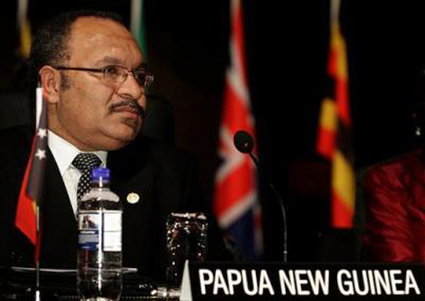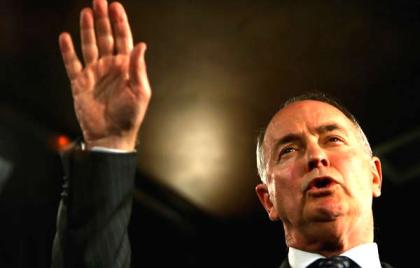Is the Speaker involved in a conflict of interest to appoint a billionaire to represent PNG at UNESCO?

My quest for justice and the protection of PNG’s national interests On January 6 this year I was forced to take out a Court Order to restrain the Commissioner of Police, his agents or servants, in particular all members of the Royal Papua New Guinea Constabulary from assaulting or arresting me. The same court order also restrained two other persons, namely Mr Kenneth Thomson, and Hon. Theodore Zurenuoc, MP, former Minister for Education and current Speaker of the National Parliament of Papua New Guinea, their agents, servants and their tribesmen from assaulting or threatening me. This matter is returnable for mention on February 28. It is rather unfortunate that I took this course of action but it was taken after I had exhausted all other avenues, including a meeting with the senior hierarchy of the Royal Papua New Guinea Constabulary to find a clear way forward in what has become a strenuous, tormenting, time consuming and expensive exercise for me personally. It is rather




